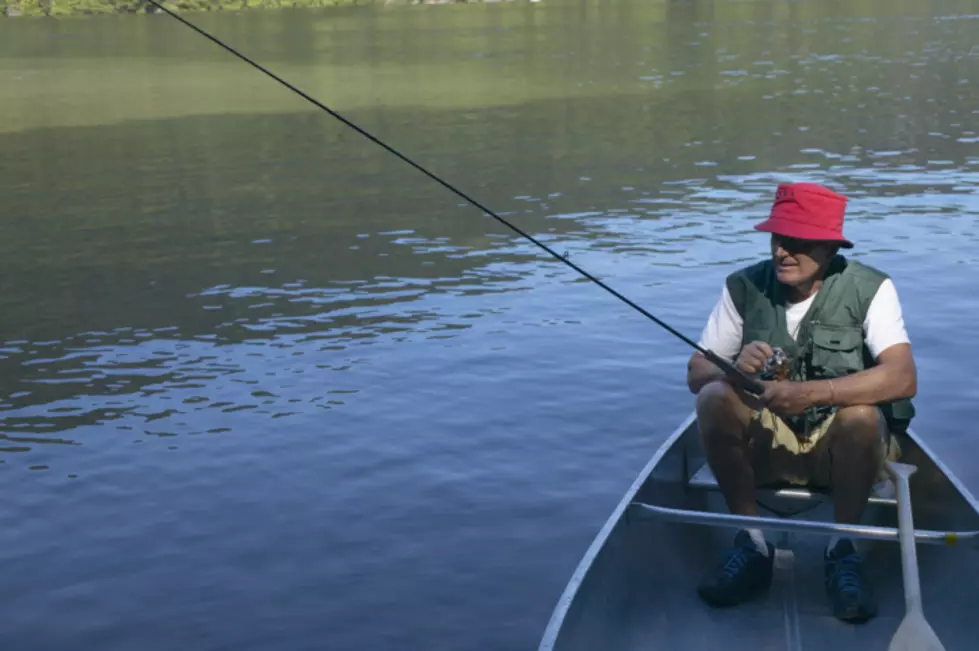
State moves forward with oyster research for cleaner water
TRENTON, N.J. (AP) -- New Jersey has taken a step toward allowing experimental oyster colony research projects to be placed in polluted waterways to help clean the water, despite concerns by the state Environmental Protection Department that poachers might steal and sell them, potentially sickening customers and damaging the state's $800 million shellfish industry.
A state senate committee approved a bill Monday that would force the state to allow research colonies, with steps to conceal their whereabouts from potential thieves. It now goes to the full senate for a vote.
At issue are research projects like one undertaken five years ago by the NY/NJ Baykeeper environmental group in the polluted waters of Raritan Bay before the state made them rip out the colonies. Baykeeper and Rutgers University established oyster colonies off Keyport, designed to use the shellfish's natural filtering mechanisms to strain impurities from the water.
Five years later, with environmentalists impatient to resume planting such oyster gardens in polluted waterways, the DEP and the state's shellfish industry still have the same concerns about poaching.
"We are definitely concerned if someone eats a polluted oyster and gets sick," said Scott Mackey, a spokesman for the Garden State Seafood Association. "It would have a real impact on the seafood industry."
John Hazen, director of legal affairs for the DEP, said the agency is developing regulations that could permit such oyster colonies. In the meantime, he added, "We still do have the same concerns about risk to the entire industry."
Sen. Gerald Cardinale, a Bergen County Republican, supports the bill, noting the vast potential improvement to water quality that oysters could provide. He said concerns about poaching are not valid because the oysters involved in the research colonies are too small to be commercially viable -- about 2 1/2 inches long, compared with 5-inch oysters sold on the open market.
Debbie mans, executive director of the Baykeeper group, said the issue needs to be resolved now.
"I was told in the summer of 2010 that DEP was going to fix this," she said. "We are now almost five years later and we still don't have a solution. It is simply not acceptable that because the DEP has underfunded its shellfish program that we still can't do this kind of work."
Mans said the oyster colonies are invisible from the land, adding the oysters are ensconced in concrete balls and metal cages that make them extremely difficult to access, even if poachers were to find them. She said local police departments can do periodic spot checks of the colonies from the shore, ensuring that no one is wading out or hovering over them in boats.
Environmental groups are establishing oyster colonies in other parts of the state, including an effort by the American Littoral Society to create an oyster reef off Berkeley Township in Barnegat Bay, as well as in Delaware Bay where they function as speed bumps for incoming waves during severe storms, making them useful as storm protection as well as water quality aids. Those waters are not considered polluted like the waters of Raritan Bay.
Baykeeper and Rutgers also established successful test colonies of oysters at the Navy pier at Earle Naval Weapons station in Raritan Bay, where the Navy's boat-mounted machine guns provided round-the-clock security for the baby shellfish. The colonies thrived until Superstorm Sandy hit the area, proving that the bay's water conditions are hospitable for oysters.
(Copyright 2015 The Associated Press. All rights reserved. This material may not be published, broadcast, rewritten or redistributed.)
More From New Jersey 101.5 FM









